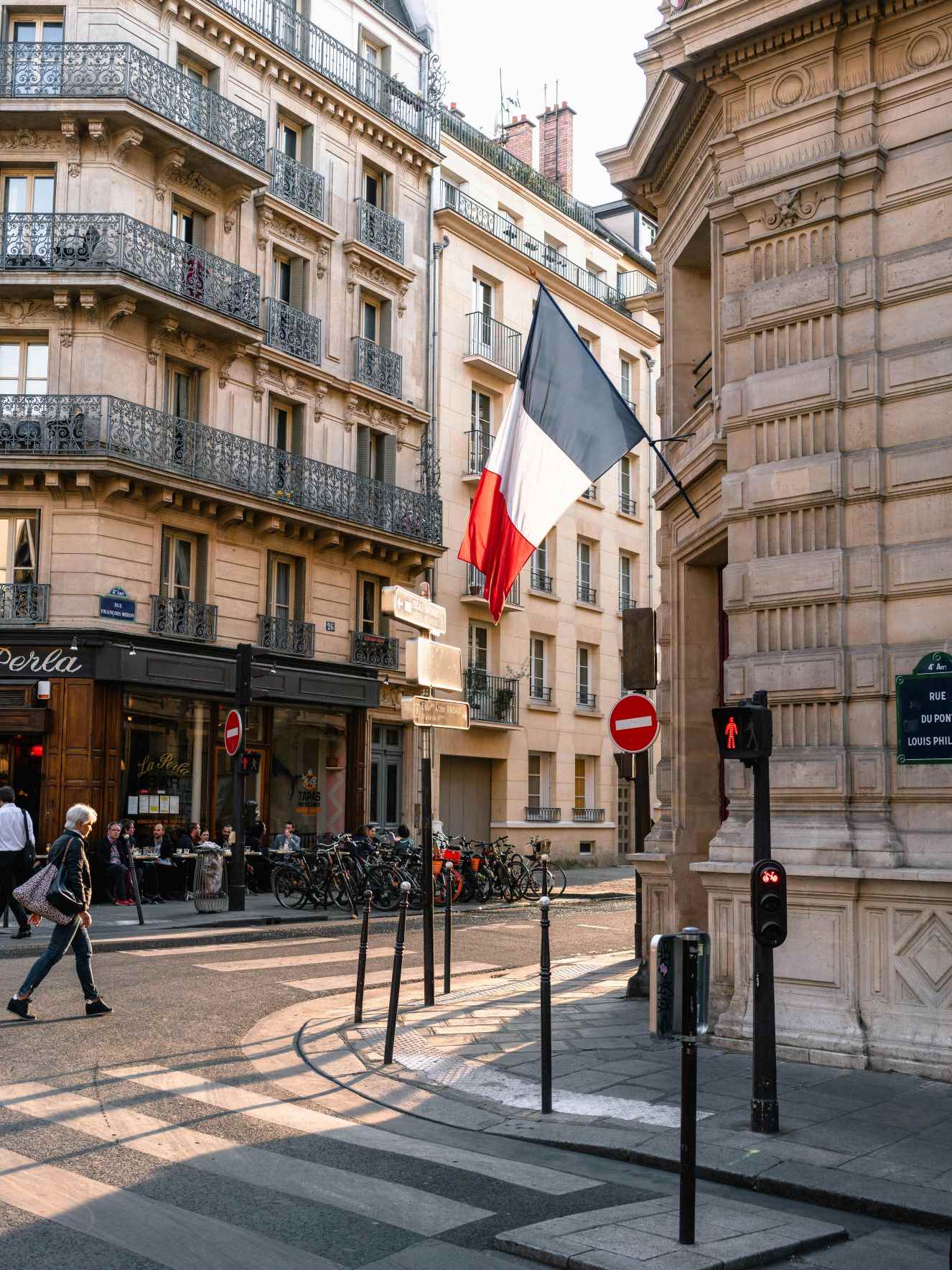
In a dramatic turn of events, France’s left-wing coalition secured the most seats in the legislative elections held on July 7, 2024, surpassing the far-right but failing to achieve a majority. This outcome has left France, an influential European Union member and the upcoming Olympic host, dealing with a hung parliament and potential political gridlock.
President Emmanuel Macron called for this election in response to a strong showing by the far right in the European Parliament elections, hoping for clarity and direction. However, the results didn’t align with his expectations, as no single bloc managed to secure the 289-seat majority needed in the 577-seat National Assembly.
The official results revealed that the New Popular Front coalition of the left won over 180 seats, Macron’s centrist alliance garnered more than 160, and Marine Le Pen’s National Rally achieved a historic high with over 140 seats. Despite their gains, they fell short of a majority.
Prime Minister Gabriel Attal acknowledged the unusual political situation, especially with the Paris Olympics on the horizon. Although planning to resign, Attal expressed his readiness to stay on if necessary, criticizing Macron’s decision to dissolve the previous assembly.
The hung parliament presents an unfamiliar challenge for modern France, raising questions about the next steps. The previous legislature, despite lacking an absolute majority, managed to function with Macron’s centrist alliance at the helm. Now, as Macron prepares to attend a NATO summit in Washington, France faces uncertainty over its future leadership and governance.
Supporters of the left celebrated their significant gains across Paris, with public gatherings marked by relief and joy. Marielle Castry, a medical secretary in Paris, described the collective happiness on the Metro as the results came in, reflecting widespread public sentiment.
This election has redrawn France’s political landscape, driving leftist parties to unite against Macron’s centrist policies. The New Popular Front has pledged to reverse many of Macron’s reforms, proposing extensive public spending funded by increased taxes on the wealthy. Jean-Luc Mélenchon, a prominent leftist leader, asserted their readiness to govern.
Despite their historic gains, the far-right National Rally did not achieve their goal of an absolute majority. Marine Le Pen remains focused on future elections, maintaining that their ultimate victory is merely delayed.
Macron’s office indicated he would carefully consider his next steps, awaiting the new assembly’s formation before making any decisions about government formation. This election has highlighted deep political divisions and introduced new challenges for France, unaccustomed to coalition governments and now facing a period of political uncertainty.


